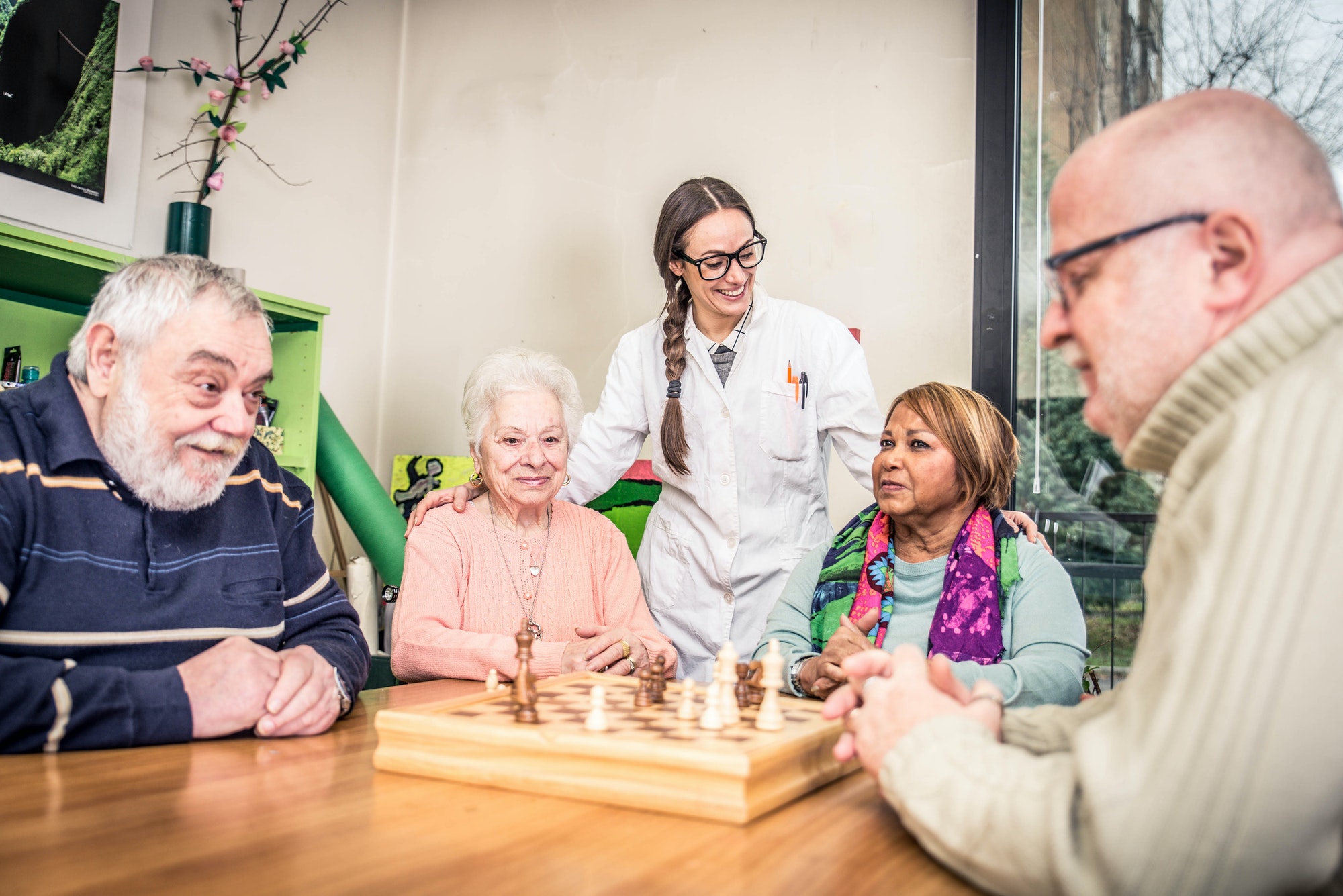Because love, dignity, and care should grow stronger with age.
As your parents age, the desire to keep them close and cared for at home becomes more important. Yet, this responsibility can feel overwhelming without the right tools and mindset. Whether you’re a full-time caregiver or sharing responsibilities with others, these 10 practical tips will guide you in creating a safe, supportive, and fulfilling environment for your aging loved ones.
- Start with Honest Conversations
Before making changes, talk. Open, respectful conversations help set a foundation for trust and clarity. Ask about your parents’ preferences, worries, and goals for the future. What are they comfortable with? What do they fear the most—losing independence, falling sick, being a burden?
This dialogue also helps you gauge their readiness to accept help. The earlier you begin these talks, the easier it is to make gradual adjustments without making them feel like their autonomy is being stripped away.
Example: Instead of saying, “You need help now,” try, “What areas of daily life are becoming more tiring or difficult for you?”
- Make the Home Senior-Friendly
Falls are one of the leading causes of injury among older adults. Making simple modifications in the home can drastically reduce risks and enhance mobility:
– Install grab bars in bathrooms and near staircases
– Use non-slip rugs or remove rugs entirely
– Improve lighting, especially in hallways and near stairs
– Lower shelves or rearrange storage for easier access
– Place frequently used items within reach to avoid bending or climbing
Consider a professional home safety assessment to catch potential hazards you might miss.
- Manage Medications Efficiently
Aging often comes with chronic conditions that require multiple medications. Managing these can be complex—and missing a dose or taking the wrong combination can be dangerous.
Here’s what helps:
– Use a pill organizer to sort daily medications
– Set reminders or alarms, or use apps like Medisafe
– Review prescriptions regularly with a healthcare provider to avoid unnecessary or conflicting meds
– Create a medication list to share with doctors during appointments
Pro Tip: Keep an emergency medical sheet with their medications, allergies, and doctor’s contact details visible on the fridge or saved on your phone.
- Keep a Consistent Daily Routine
Older adults often feel more secure and less anxious with a predictable daily schedule. Routines promote stability and reduce confusion, especially for those with memory or cognitive issues like early-stage dementia.
Include time for:
– Morning grooming and hygiene
– Light exercise or stretching – Healthy meals and snacks – Leisure or hobby time
– Social calls or visits
– Medication and rest
Tip: Post a visual schedule they can follow, especially if they live alone or have occasional caregivers.
- Encourage Physical Activity
Even light movement can improve strength, balance, mood, and cognitive function in seniors. The key is to choose activities appropriate for their health status.
Examples include:
– Walking around the neighborhood or garden
– Chair exercises or stretching routines
– Dancing to their favorite music
– Water aerobics or tai chi (if accessible)
Always consult with a doctor before beginning a new exercise routine. Consistency is more important than intensity—aim for small daily habits.

- Stay on Top of Medical Appointments
Regular check-ups and follow-ups are crucial to detect issues early and monitor existing conditions. Help your parents:
– Schedule and attend doctor visits
– Keep a health journal to track symptoms or concerns – Bring a list of medications and questions to every visit
– Understand the doctor’s advice or next steps (take notes if needed)
Digital tools like Google Calendar can help you set reminders for appointments and medication refills.
- Support Their Independence
Your goal isn’t to take over but to empower. Allow them to maintain control over their lives as much as possible. When they feel independent, their mental and emotional health flourishes.
You can support independence by:
– Introducing tools like walkers, reachers, or adaptive clothing
– Letting them make decisions on meals, hobbies, or errands
– Encouraging them to do tasks they’re capable of—like folding laundry, watering plants, or light cooking
Remember: Dignity and autonomy are just as important as safety.
- Create Opportunities for Social Interaction
Loneliness and isolation are major concerns for older adults. They can lead to depression, memory decline, and poor health. Create opportunities for meaningful connection:
– Schedule regular family visits or calls
– Encourage participation in local senior centers or church groups
– Set up game nights, storytelling sessions, or music time
– Teach them to use video calling apps to connect with distant family
Bonus: Ask them to share stories or life lessons. They’ll feel valued, and you’ll gain priceless wisdom.
- Look After Yourself Too
You can’t give your best care when you’re physically or emotionally drained. Care giving is noble, but it’s also demanding—don’t try to carry it alone.
Make time for:
– Breaks and rest
– Self-care routines
– Hobbies and social life
– Talking to a counselor or joining a caregiver support group
Note: Seeking help isn’t weakness—it’s wisdom. Lean on family members, community services, or professional caregivers when needed.
- Plan for the Future, Today
Things may go smoothly now, but situations can change quickly. Be proactive:
– Discuss their long-term wishes (Do they want to age in place? Consider assisted living?)
– Handle legal and financial planning (Power of attorney, wills, medical directives)
– Explore insurance coverage and government programs
– Know your local support resources—like home care agencies or transportation services
Pro Tip: Have these conversations gradually but clearly. It’s better to plan in peace than make rushed decisions during crisis.
Final Thoughts
Supporting aging parents at home is a heartfelt commitment filled with highs and lows. The greatest gift you can give is a life lived with dignity, peace, and love. With the right approach and a support system in place, you can walk this path with strength, grace, and gratitude—honoring the hands that once held you.
